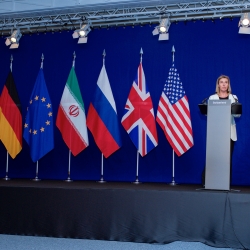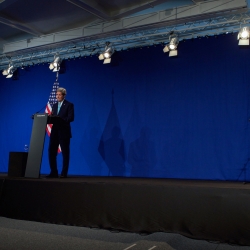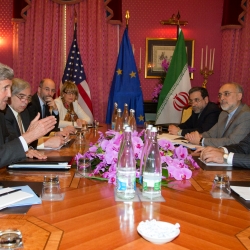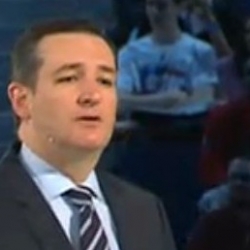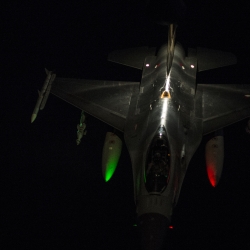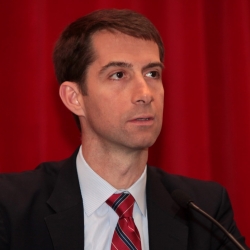Press Call: Analysis of the Iran Framework
Iran Showdown: Analysis of the Iran Framework Friday, April 3, 2015 11:30AM EST The National Security Network will be hosting a press call on Friday 4/3 at 11:30 AM Eastern time. The discussion will focus on analysis of the substantive aspects of the framework announced between the P5+1 nations and Iran in Lausanne, as well as its implications for the Middle East, Israel, and US politics. The call will be moderated by NSN Executive Director John Bradshaw. Our speakers will include Suzanne DiMaggio of the New American Foundation, Ilan Goldenberg of the Center for a New American Security, and Dr. Jim Walsh of MIT’s Security Studies program. You can find a short bio of each of the participants below. EXPERTS Suzanne DiMaggio is a Senior Fellow and the Director of the Iran Initiative… Read More ›

